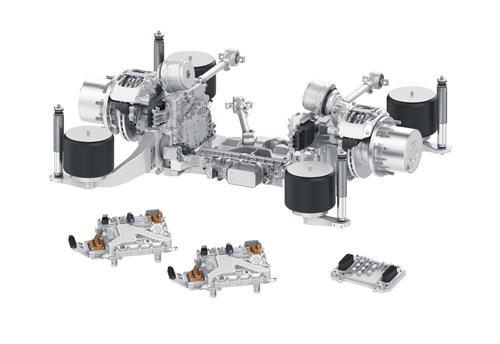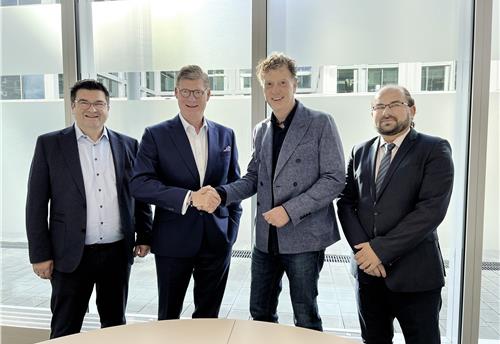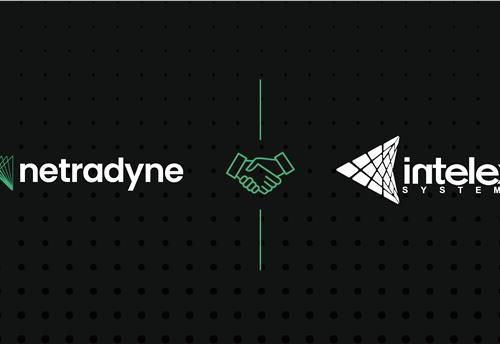China slashes car import tariffs to boost trade, global OEMs laud move
Restrictions on the world’s largest new car market are being loosened to boost automotive development.
The world’s biggest car market China is to reduce its import tariffs on automobiles and components from July, 1, 2018 according to the Chinese finance ministry, says Reuters.
The move will see import duty to stand at 15 percent from the existing 25 percent for most vehicles, which is part of the Asian country’s efforts to open up its markets and spur development of the local auto sector. According to the report, a small number of imported trucks are taxed at 20 percent currently, while auto parts would be taxed at 6 percent from around 10 percent, the ministry said in a statement.
Reuters states that this move will provide a major boost to overseas carmakers, especially premium carmakers such as BMW, electric car maker Tesla and Mercedes-Benz to reduce the price gap with local rivals.
“Benefits are huge for our business, especially Infiniti,” said a Yokohama-based executive at Nissan Motor, referring to the Japanese firm’s premium car brand. According to another executive at the firm’s Chinese joint venture it was “great news”. The report states that the biggest beneficiaries would likely be German luxury carmakers, which also include Volkswagen AG’s Porsche and Audi brands.
Toyota Motor Corp said it would adjust retail prices for imported cars that benefited from the lower tariffs to provide Chinese consumers with ‘competitive’ products. BMW said it would look at its prices and said the move was a ‘strong signal that China will continue to open up’, while Audi said it welcomed the ‘further liberalisation and opening’ of the Chinese market.
China’s high tariff on vehicles – versus a 2.5 percent United States levy – has been a key focus of U.S. president Donald Trump’s administration amid a simmering trade standoff between Washington and Beijing. Trump had earlier said the 25 percent tariff amounted to ‘stupid trade’, while auto industry leaders such as Tesla’s Elon Musk have said that Chinese restrictions on foreign auto makers created a skewed playing field.
Although China’s reduced levy still makes the country more expensive than most other major markets, its scale alone has spurred many foreign car makers to invest there. Last year, 23,900,000 cars were sold in China, dwarfing 15,630,000 in the EU and European Free Trade Association countries in the same period.
China also looks set to remove its long-standing ownership limits on foreign car companies by 2022. Currently, non-Chinese companies can only build cars in the country via joint ventures, such as FAW-Volkswagen and Chery Jaguar Land Rover. Recently announced plans outlined by Chinese President Xi Jinping will remove the requirement for companies to partner a Chinese firm and to own no more than 50% of the venture.
Along with the reduced tariffs, this change is expected to especially benefit those interested in investing in China's electric car technology sector.
RELATED ARTICLES
ZF to display next-gen e-axle for low-floor city buses at Busworld Turkiye 2024
The AxTrax 2 LF is available with a continuous output of up to 360 kW and a peak torque of up to 37,300 Nm.
Daimler Buses and BMZ Poland to develop next-gen NMC4 electric bus batteries
The new battery generation NMC4 – succeeding the current NMC3 technology – will combine high energy density, resulting i...
Netradyne expands UK operations via partnership with Intelex
The collaboration between Netradyne and Intelex marks a substantial leap forward in advancing road safety and fleet mana...





 By Autocar Pro News Desk
By Autocar Pro News Desk
 22 May 2018
22 May 2018
 4213 Views
4213 Views









